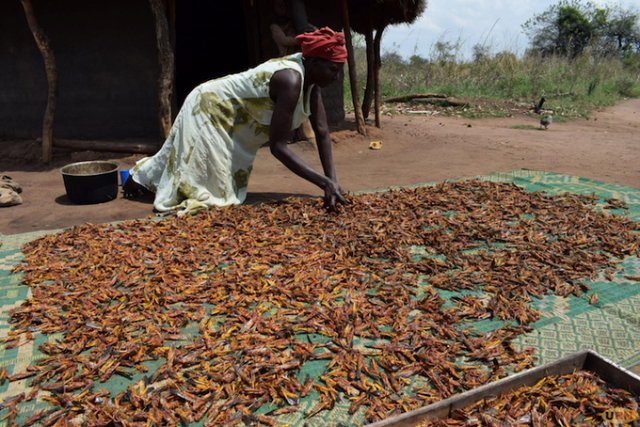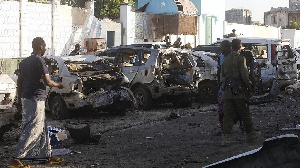Living with Nigeria’s blackouts – six weeks, no power

The reception is poorly lit and a small fan barely moves the humid air as staff at Chidinma Emeneka’s laundry service in Nigeria’s commercial capital, Lagos, wait for the generator to kick in.
It roars into action, but the engine noise marks the start of extra business costs which have to be paid because of the failing power sector.
For 10 days more than a third of the country’s 36 states have been in darkness following a major fault in the transmission grid.
Ms Emeneka is one of millions who have been affected, and is now struggling to keep her business, Sparkle Inn Laundry Services, afloat.
The 27-year-old told the BBC that her firm turned to expensive generators to keep going after she was left without electricity once before for about six weeks.
On that occasion the cause was a power surge that damaged her meter.
“My meter is bad, the platform to apply for a new meter is down, there is no way to get a new meter and there’s no way to get light.”
This time the entire neighbourhood has been in darkness for over a week.
“Currently, we have been sustaining with an inverter and a generator but the fuel price right now is driving me crazy,” Ms Emeneka says.
Her laundry offers a 72-hour service to return clean clothes, but the power shortage has left some customers waiting up to a week.
She says she has been forced to spend 35,000 naira ($21; £16) a day on fuel for her generator – and that is on sunny days, when a solar panel system is in operation. On cloudy days the generator costs can be double that.
The BBC contacted the Eko Electricity Distribution Company which provides electricity to some parts of Lagos to ask about Ms Emeneka’s case, but received no reply.
The problems with the country’s grid are endemic and affect huge numbers in one of Africa’s biggest economies.
Officials have confirmed eight instances of nationwide power outages this year alone.
“The truth of the matter is, we have old infrastructure. We have a national grid that is more than 50 years old. The towers are falling and the substation transformers are old,” Power Minister Adebayo Adelabu said.
“We’ve been trying to revamp this and change them but they cannot all be changed overnight.”
The Transmission Company of Nigeria, which is responsible for delivering power, said the latest widespread outages were caused by vandalism on a major transmission line.
Officials said they were working hard to restore energy to households and businesses, with power recently returning to seven of the affected states after a nine-day blackout.
In Lagos, pockets of the city and its suburbs on Friday remained in the dark.
Many who cannot afford the over 500% increase in fuel prices to run their generators have to rely on their hand fans to combat the heat.
Last April, authorities hiked electricity tariffs by over 300% with consumers who receive more than 20 hours of power supply a day, paying more. The government said the electricity subsidies it paid were depleting the country’s resources.
Some energy experts have blamed the government for failing to invest in improving the infrastructure.
Analyst Oti Ikomi agreed that vandalism was responsible for some recent outages but warned the problems would persist without more investment.
“Unfortunately, the technical side, the enhancement of all the required infrastructure has slowed down. It needs commitment,” he told the BBC.
Nigeria’s northern states have been the worst hit by the outages.
Businesses like frozen-food vendors lost thousands of dollars discarding rotten food including frozen fish, chicken and turkey.
The advice from experts for small businesses that want to keep going is to install solar panels and inverters as a backup for grid collapses but the cost is prohibitive for many.
Source: bbc.com





